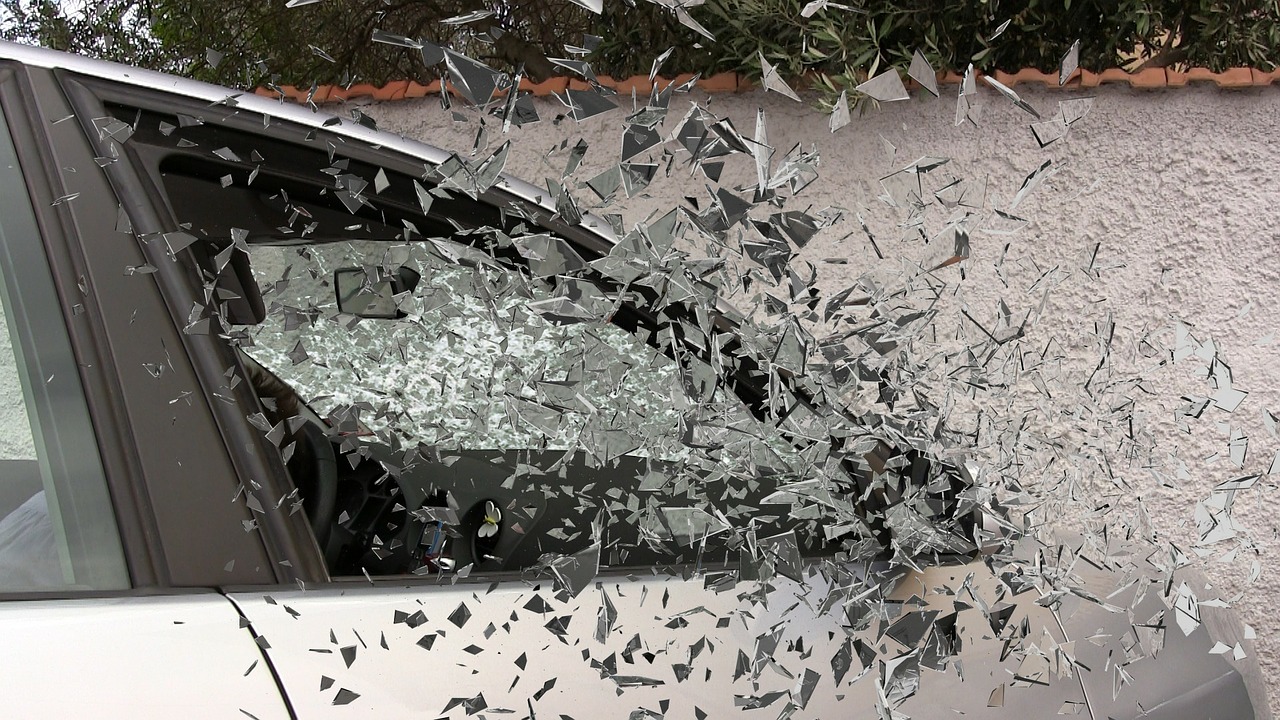– KING COUNTY CONSIDERING REPEALING BIKE HELMET LAW
In February 2022, King County began deliberations on the concept of repealing the current legal requirement that bicycle riders where helmets. The repeal covers all bike riders, even children.
As personal injury attorneys who have handled cases for both children and adults who have suffered traumatic brain injuries in a bicycle accident (collision with a vehicle or other type of fall), we are gravely concerned about the repeal of this law. We believe that it will adversely affect public health in our area and that it will do so unnecessarily. This topic is not new, as it was re-visited last fall by the King County Council as well. At that time, the following Op-Ed was published in the Seattle Times by doctors who deal with these injuries in patients and who have spent enormous time and energy advocating for safety standards and injury prevention. We believe the letter explains the reasoning for keeping this effective law in place:
Bicycle Helmet Law Revisited On October 21, the King County Board of Health is considering a vote on a proposed repeal of the law requiring bicyclists to wear a helmet, which had been enforced in Seattle since 2003. They were motivated by the law’s inequitable and infrequent enforcement, which undermined its intent to reduce brain injury. We hope this effort to repeal the law will be reconsidered. Repealing the helmet law because of inequitable enforcement is not the appropriate action by a governmental agency dedicated to the public’s health.
As injury-prevention experts and trauma-care providers, we regularly witness a hard truth: Unlike flesh and bone, which can heal, brain cells are permanently altered after a crash, resulting in a traumatic brain injury that could have been avoided. We know that helmet use reduces the risk of brain injury by 88%, as our research conducted in Seattle has shown. Bicycles, scooters and other motorized transport routinely reach speeds of 20-30 mph. A bicycle helmet is standard equipment for most serious cyclists, many of whom have had a close call or two. Nevertheless, many cyclists and scooter riders don’t wear helmets. We believe that head injury rates and hospitalizations will rise with a repeal and will disproportionately harm the vulnerable members of our society.
We share the profound concern for unequal and disproportionate enforcement of the bicycle helmet law against marginalized communities including Black, Indigenous, and other communities of color. Inequitable enforcement, even for a life-saving law, is reprehensible and makes our society complicit in perpetuating a structurally racist status quo. Inequitable enforcement demands transparency and accountability. To accomplish this, we need to invest in durable relationships with communities most harmed by structural racism.
Public safety laws have prevented disabling and fatal injuries by requiring use of bicycle helmets, motorcycle helmets, and seat belts. Equitable enforcement of these life-saving laws should be accompanied by other efforts to protect the public. First, a significant investment in outreach and safe cycling structures such as bike lanes separated from vehicle traffic, small reductions in vehicle travel speed, and traffic-calming measures can help reduce riders’ risk.
For new riders and tourists, finding ways to make low-cost helmets widely available is key. Partnerships between public health experts and private sector businesses could invest in targeted advertising messages. Small stores, community centers, hotels and transportation hubs that offer helmets for sale, along with a clip to secure to backpack or bag, would make it easy for riders to pick up a helmet. Health insurance programs could opt to provide a free helmet as part of a healthy lifestyle program. A $100,000 donation by just one mega-business could buy over 10,000 helmets to be available free when cost poses a barrier.
Second, there are creative options to encourage those who own a helmet to use it. Pediatricians regularly counsel on helmet use, but parents who use a helmet themselves are the best role models for their kids. Employers and companies, many of whom are on the hook for a portion of health insurance costs, are realizing that it makes better economic sense to install bike storage and support safe-cycling messages rather than to dedicate more real estate to parking lots.
Finally, as the issue of repealing the helmet law was motivated by data that clearly demonstrated its infrequent and inequitable enforcement, we must commit to taking specific measures to counter decades of harm and broader racial discrimination around cycling. This includes access to affordable bicycles and helmets, options for kids to learn safe cycling at an early age, bike-storage options to prevent theft, and helmet-distribution options. Data analysis over time can identify opportunities and monitor progress to ensure access and equity among the city’s broader population.
Public health measures, including helmet use, have made it more likely that children and adult cyclists will enjoy their ride and get home safely each day. Let’s take this opportunity to advocate for the proven safety measure of bicycle helmet use and the helmet law, guided by an unwavering commitment to antiracist measures and equitable access to public health.
____
Beth E. Ebel, MD Professor of Pediatrics, University of Washington School of Medicine
Frederick R. Rivara, MD Vice Chair and Professor, Department of Pediatrics, University of Washington School of Medicine
Kenneth M. Jaffe, MD Professor Emeritus, Department of Rehabilitation Medicine, University of Washington School of Medicine
Monica Vavilala, MD Professor, Department of Anesthesiology and Pain Medicine, University of Washington School of Medicine and Director, Harborview Injury Prevention & Research Center
The authors are researchers at the Harborview Injury Prevention & Research Center (HIPRC).



0 Comments